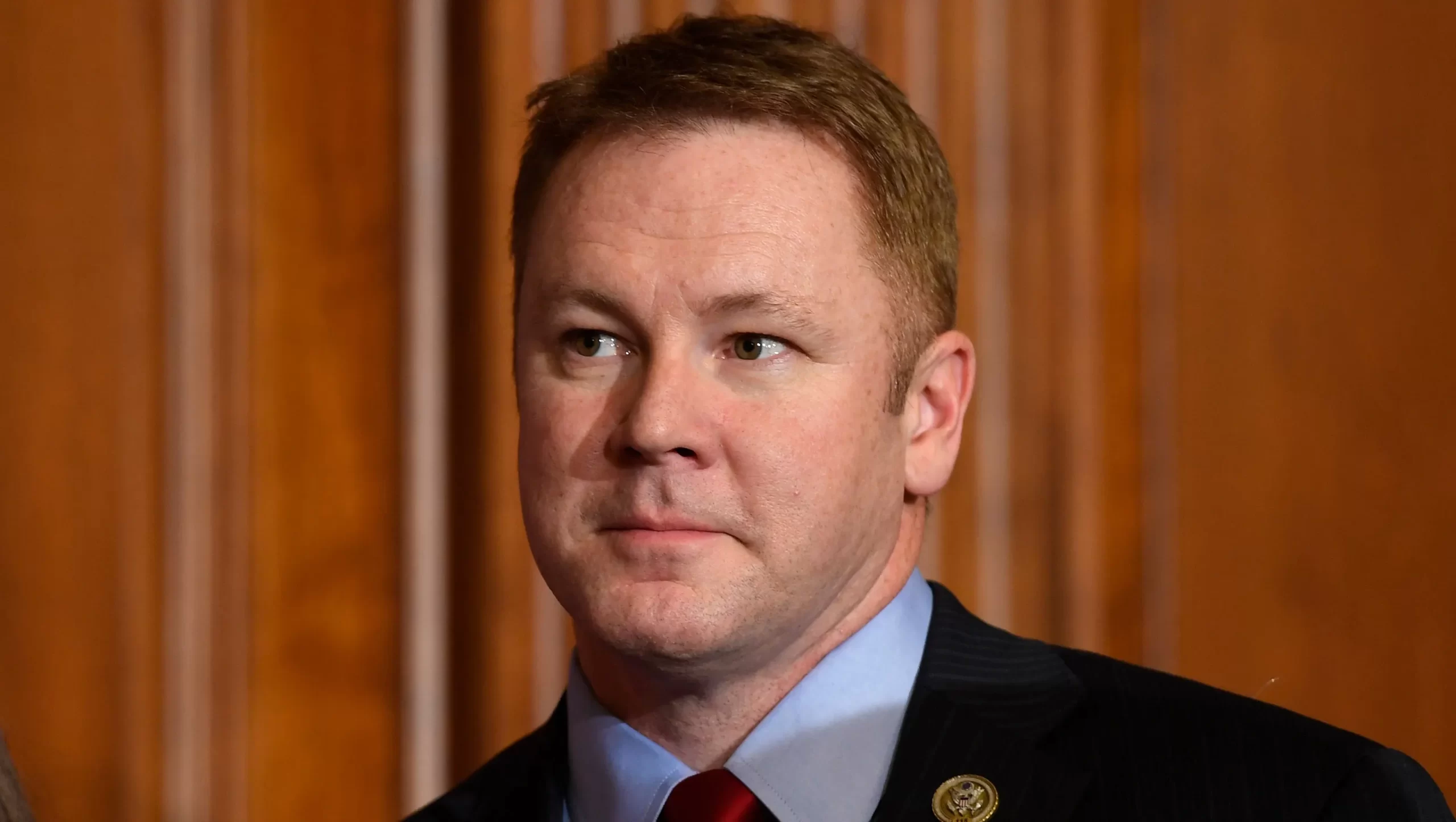United States Republican Representative Warren Davidson recently expressed strong opposition to the concept of central bank digital currencies (CBDCs), urging Congress to ban their development and criminalize any related efforts.
In a tweet on July 23, Congressman Davidson accused the Federal Reserve of constructing what he likened to the ominous “Death Star” from the Star Wars saga.
He asserted that CBDCs have the potential to corrupt money, transforming it into a tool of coercion and control.
To counter this perceived threat, Davidson emphasized the need for swift legislative action to outlaw the design, development, testing, and establishment of CBDCs.
Davidson’s concerns were prompted by a job posting from San Francisco’s Federal Reserve Bank for a “senior crypto architect” to work on a CBDC project.
Responding to a Twitter user’s comment, the congressman argued that money should serve as a stable store of value and should not be programmable under the control of a central authority.
Instead, he emphasized that sound money should facilitate peer-to-peer transactions without requiring permission from intermediaries.
The Federal Reserve has been actively exploring the technology behind CBDCs, considering the possibility of issuing a digital version of the U.S. dollar.
READ MORE: Controversial Proposal Sparks Fierce Debate Among Members of Solana-Based Liquidity Network
However, no concrete decisions have been made on this front. The prospect of a digital dollar has sparked controversy and is expected to be a prominent topic in the upcoming presidential election.
Representative Davidson is not alone in his apprehensions regarding a Fed-controlled digital dollar. U.S. presidential candidate and Florida Governor Ron DeSantis pledged to block any central bank digital currency if elected.
Governor DeSantis had previously signed a bill in May that restricted the use of CBDCs in Florida.
Another Republican, Tom Emmer, has also been vocal about the potential risks of state-controlled digital money.
He expressed concerns in March that a programmable CBDC could be easily exploited as a tool for surveillance and to suppress activities deemed politically unfavorable.
To address this, Emmer introduced the CBDC Anti-Surveillance State Act in February, aimed at preventing unelected bureaucrats in Washington, DC from encroaching on Americans’ financial privacy.
This bill received the endorsement of Texas Senator Ted Cruz, who introduced his own legislation to block CBDCs in March.
As the debate over CBDCs continues, it remains a contentious issue in U.S. politics, with differing viewpoints from lawmakers and potential implications for the country’s financial landscape.
Other Stories:
Terraform Labs Faces Uphill Battle Amidst Allegations, New CEO Discusses Road Ahead
2023 Ranking: 4 Best Crypto Projects To Buy
Report Reveals Alarming Surge in Cryptocurrency Use by ISIS Terrorists




